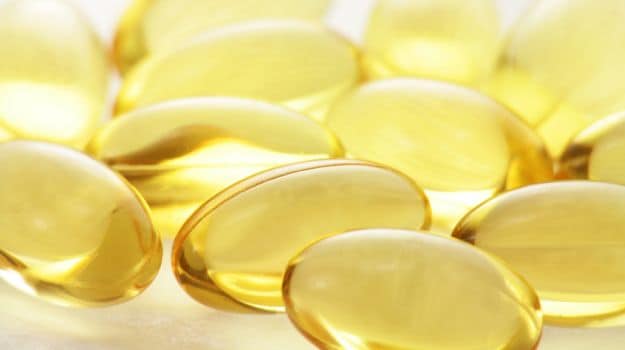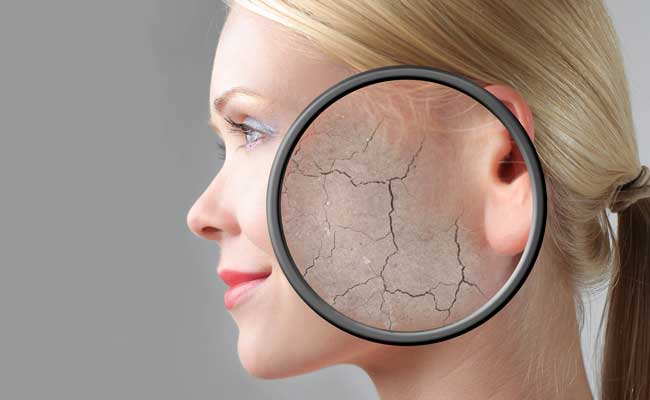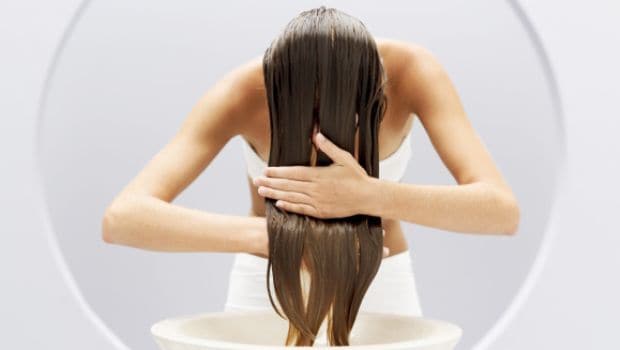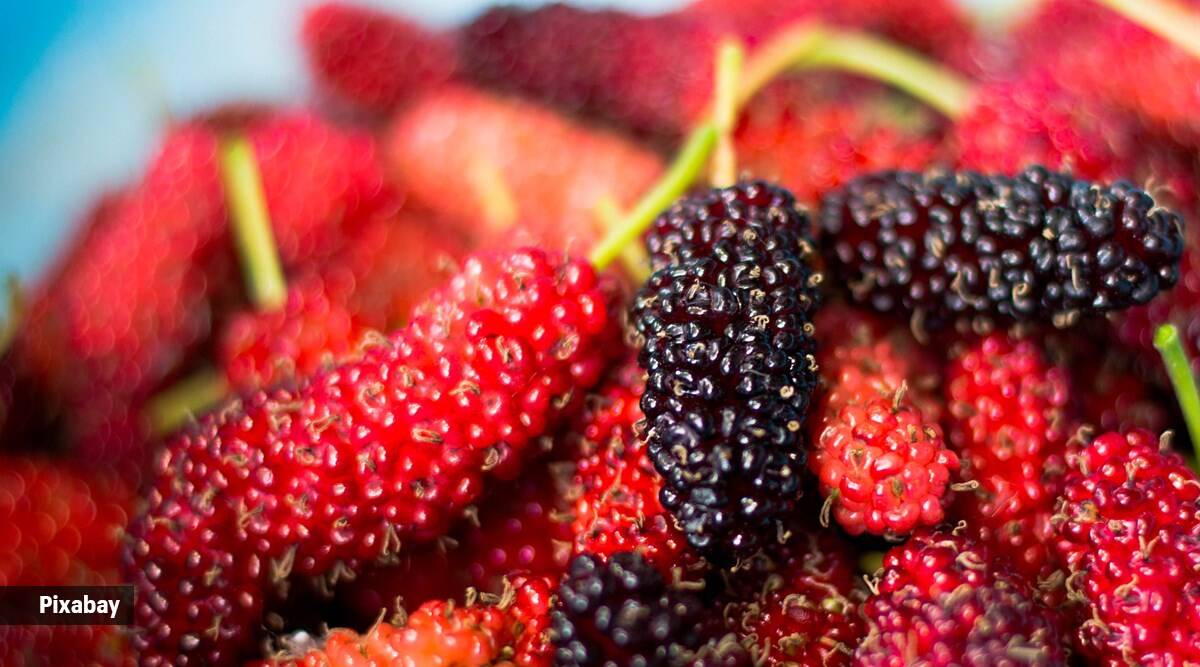
Let us first begin by asking what exactly do we mean when we say a particular vitamin is deficient in our body? What does a vitamin consist of? How do we need vitamins and in what form should they be consumed? Firstly, Vitamins are nutrients or organic compounds needed by the body in order to ensure effective growth of the individual. These cannot be produced or synthesized by the body alone and must be consumed as part of daily nutrition or sustenance. Therefore, it is up to us to ensure that the body is receiving a sufficient quantity of these or else it could have negative consequences on health and development. It is vital to note that our body needs 13 types of vitamins. They are required in different and limited levels.

Vitamin E is commonly known as tocopherol and performs a plethora of functions. It is a fat-soluble vitamin, as explained earlier, and is stored in the body tissues. It is an antioxidant and the consequences of a body rich in vitamin E are great. Vitamin E is required for the proper functioning of several organs of the body and is also known to naturally slow down the ageing process.
Symptoms of Vitamin E Deficiency
According to nutrition experts there are a myriad symptoms and signs of Vitamin E deficiency. Nutritionist,Dr Anju Sood suggests we look at the following symptoms as indicators of Vitamin E deficiency in our body:
1. Hair fall – Eating a diet rich in vitamin E will reverse the damages brought about by hair fall. If you’re experiencing abnormal hair fall, it is a clear sign that you may not be conscious of taking a Vitamin E rich diet.
Vitamin E has the potential to regenerate and refurbish dead hair cells and hair follicles.
2. Dry, flaky skin – Dry skin is usually a byproduct of extreme weather conditions specially in the winter months. However, do not be surprised if you are susceptible to dry skin even otherwise. This is a clear indicator of a deficiency of Vitamin E.
3. Eye problems – These include weakening of eye muscles, fluctuating powers etc. An early diagnosis can hit the nail on the head and measures can be taken to prevent eye damages.
4. Hormonal imbalance – Any kind of hormonal imbalance can create havoc in the body and it is very difficult to diagnose what may be leading to such an imbalance. In such situations, Vitamin E could be lacking. Whether it is an imbalance like PCOD, PCOS, or pre menopause, a Vitamin E rich diet is essential to combat the issue wholistically.
Why do you really need Vitamin E?
Vitamin E helps in Anti-ageing: The harmful ultra violet rays of the sun are known to cause a great deal of damage to the skin, unleashing forces which lead to wrinkling of the skin. Being an antioxidant, vitamin E nourishes the skin in such a way that supplies oils, which prevent ageing of the skin. Most daily use products for the skin consist of vitamin E. We often combat dryness of the skin with moisturising creams, little do we realise that these creams have vitamin E as an essential ingredient. Vitamin E has the potential of rejuvenating dead skin cells, thereby nourishing them and giving a younger outward appearance.
Vitamin E is an Antioxidant: Free radicals break down healthy cells in the human body. The best immunity against free radicals is a diet rich in anti-oxidants. Vitamin E is rich in anti-oxidants and is helpful in reducing the damage done by free radicals.

For Hair Care: Vitamin E is known to be beneficial for hair-care too. A hair-oil rich in Vitamin E can retain moisture and help keep dryness away.

Balancing Hormones: Vitamin E also keeps equilibrium within the hormones of the body. Any imbalance in the hormones is observed through ill health.
Helps reduce Inflammation: Vitamin E is known to be an effective anti-inflammatory nutrient as well.
Vitamin E can be found in all kinds of green leafy vegetables, in fruits like papaya, and dry fruits and nuts and seeds. Flaxseeds, spinach, peanuts, avocado, almonds, broccoli, asparagus and shrimp are some of the top sources of Vitamin E. Include at least one of these in your diet every day. When one does not feel up to the mark, it may be due to deficiency in the levels of Vitamin E. Here is your guide to diagnose which vitamin you may be lacking in. There are many reasons why Vitamin E should be part of a regular diet. It is an antioxidant that slows down the process of ageing and acts as an obstacle to easy cell damage. Make sure Vitamin E is part of your daily nutrition today!
[“source-ndtv”]










